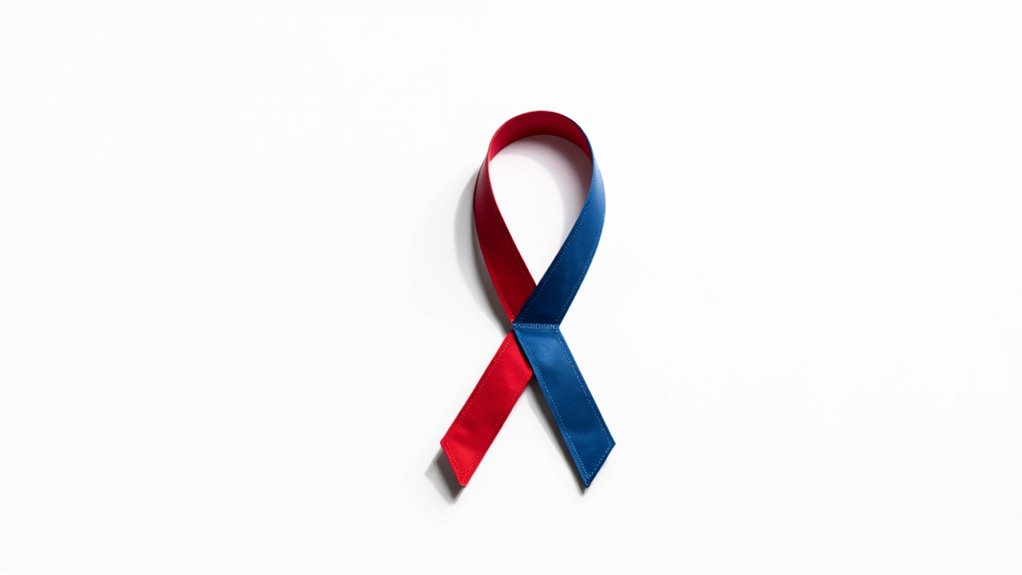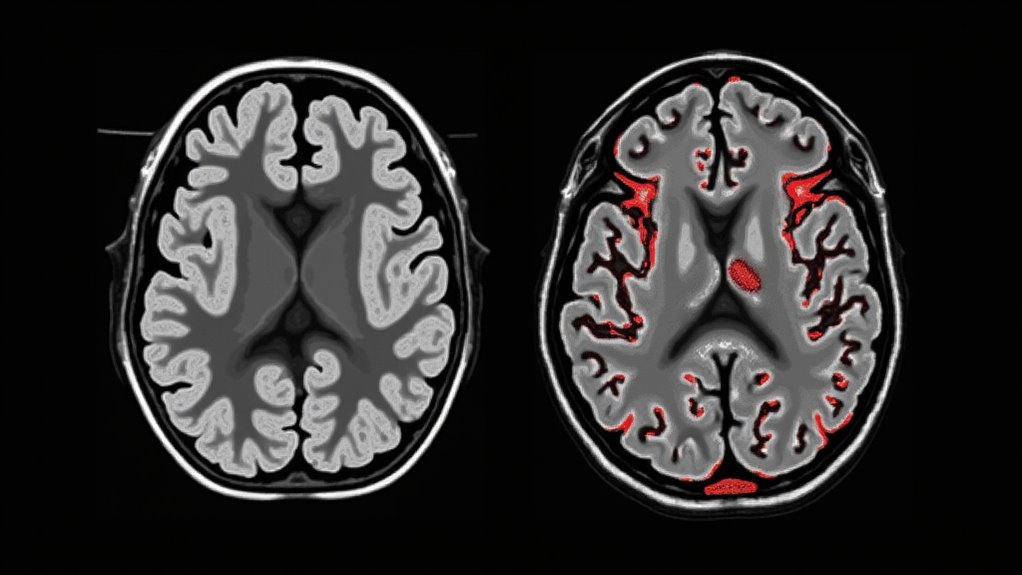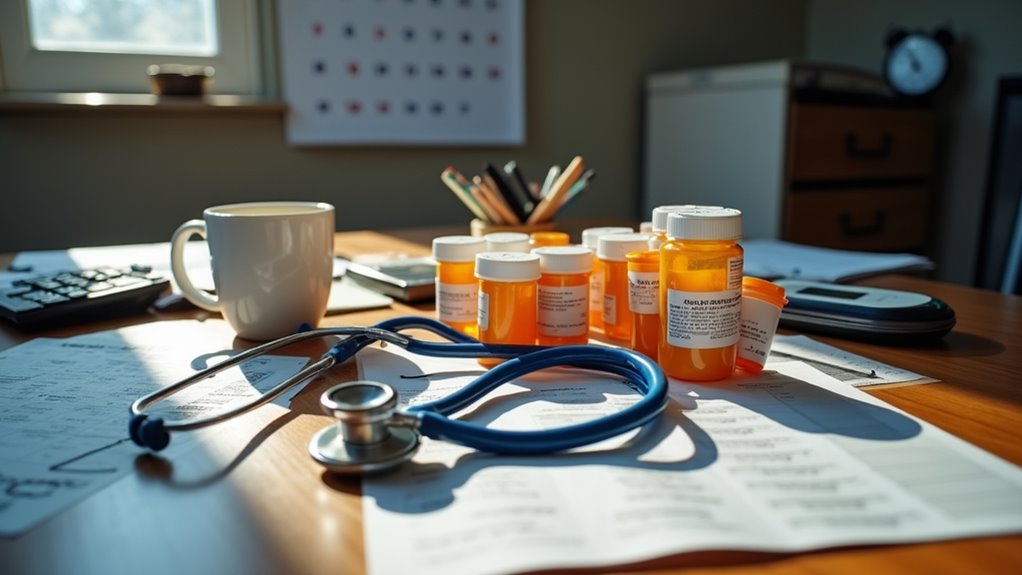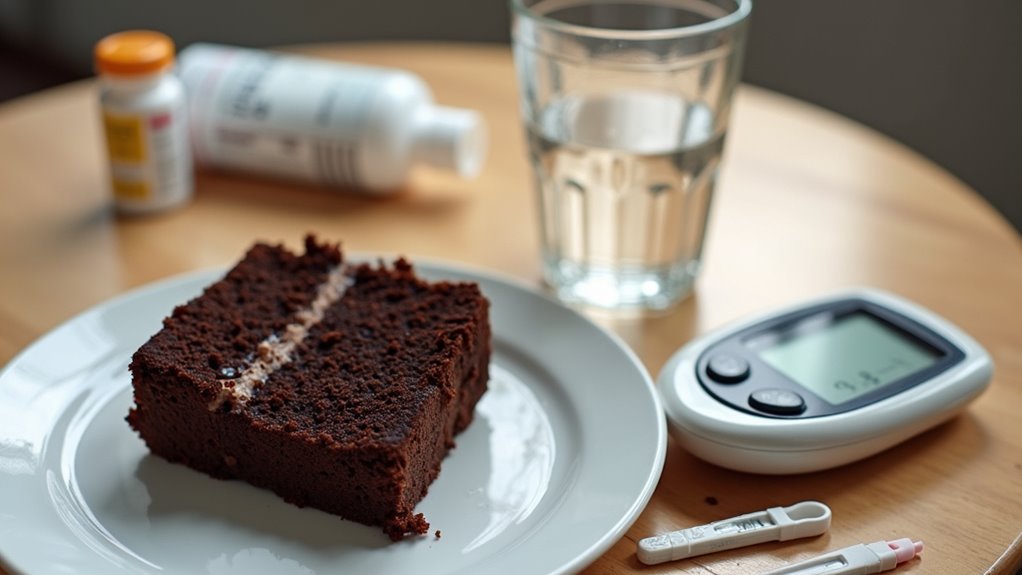While doctors have long warned patients about diabetes complications like kidney disease and vision loss, a more sinister threat lurks beneath the surface. New research from the UK Biobank suggests that a diabetes diagnosis might be signaling something far worse: cancer.
Diabetes may be the warning shot, but cancer could be the loaded gun waiting to fire.
The numbers are startling. Men with newly diagnosed type 2 diabetes face a quadrupled risk of liver cancer. Women? Their risk jumps five-fold. Not scared yet? Pancreatic cancer risk increases by 74% in men and nearly doubles in women. Colorectal cancer isn’t far behind, with risk bumps of 27% and 34% for men and women respectively. Yikes.
Scientists tracked over 23,000 people for about five years. They weren’t playing games with the data either – they controlled for everything from BMI to smoking habits. This wasn’t some sloppy research job.
So what’s happening inside our bodies? Hyperinsulinemia is the prime suspect. Too much insulin floating around stimulates cell growth – sometimes the wrong kind. High blood sugar and chronic inflammation aren’t helping matters either. High blood pressure affects nearly three-quarters of diabetic adults, further complicating their health risks.
And there’s something about sex differences too. Women and men don’t face identical risks. Hormones might be the culprit, or maybe it’s how our bodies store fat.
Here’s the weird part – not all obesity-related cancers showed connections. Endometrial and post-menopausal breast cancers didn’t register significant increases. Go figure.
The takeaway? If you’re diagnosed with type 2 diabetes, your doctor should probably be checking for cancer too. Especially liver, pancreatic, and colorectal varieties. Don’t wait for symptoms.
Researchers aren’t done investigating. The study revealed a total of 2,431 new cancers in diabetes patients compared to 5,184 in the control group, highlighting the significant difference in cancer incidence. They need to confirm these links across different populations and ethnic groups. But the evidence is compelling enough that healthcare providers should take notice now.
Cancer or diabetes alone is bad enough. Together? A nightmare combo nobody wants. Early detection might be your only advantage. Use it.
The presentation at the European Congress on Obesity revealed important findings about the relationship between diabetes and specific cancer types that could change screening recommendations.








